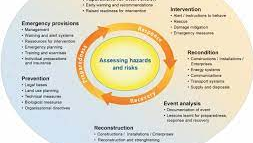Now Reading: Act Before It’s Too Late: Preparation Starts Today 2025
-
01
Act Before It’s Too Late: Preparation Starts Today 2025
Act Before It’s Too Late: Preparation Starts Today 2025
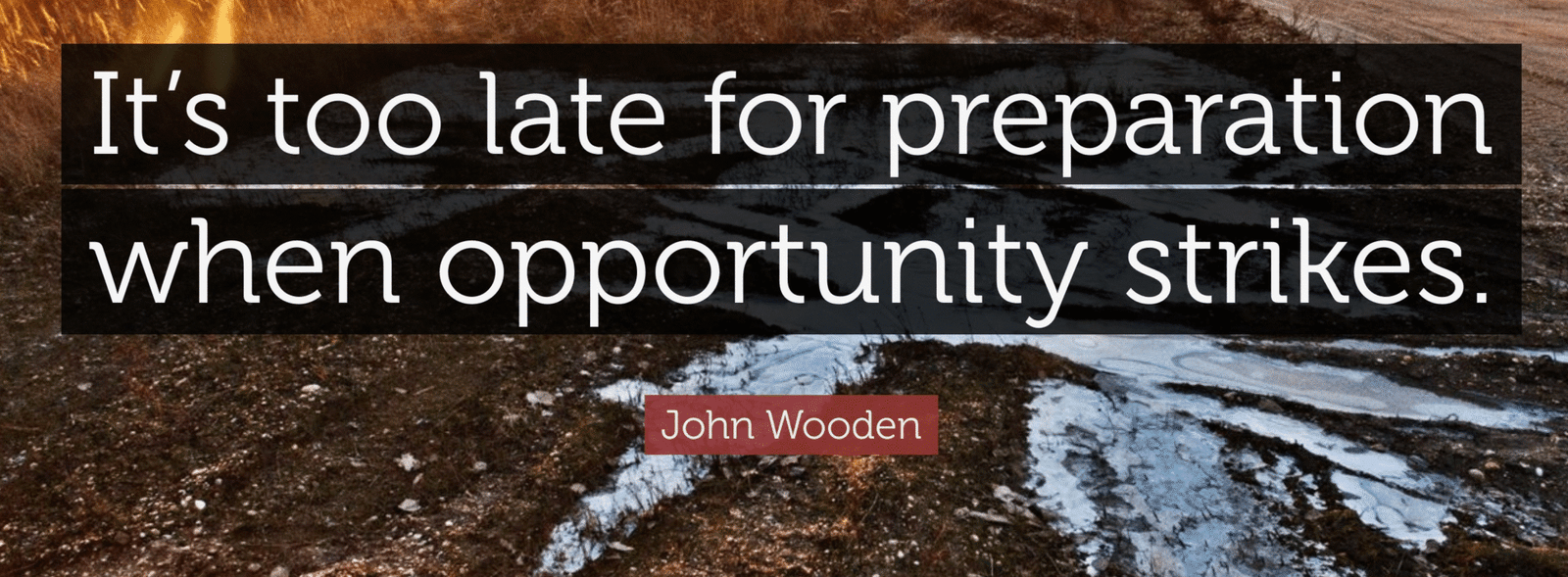
Table of Contents
The world today is changing fast. From climate issues and job markets to technology shifts and health risks, we are facing new challenges every day. Many people wait until disaster hits before they act, but by then, it’s often too late. The truth is simple: the time to prepare — and act — is now.
Across history, those who planned ahead were better off. They stayed ready for the unexpected. Today, we have more tools, knowledge, and information than ever. So why are many still unprepared? It’s time to understand why taking action early can save not just money and time — but lives.
Why Waiting Is Risky
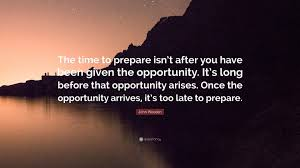
Waiting to act can be dangerous. Take natural disasters as an example. Each year, floods, wildfires, and storms destroy homes and cities. Scientists and experts give warnings. But many people delay preparations, thinking, “It won’t happen to me.” When the storm comes, they are left with little help, no supplies, and no clear plan.
The same goes for financial planning. Many young professionals think they’ll save or invest “later.” But later may be too late. Small steps taken today, like setting a monthly budget or starting an emergency fund, can make a huge difference in the future.
The Cost of Inaction
Failing to prepare can cost more than money. Stress, panic, and poor decision-making rise when we face emergencies unprepared. When COVID-19 hit the world in 2020, millions were left scrambling. Panic-buying, job loss, and lack of health systems highlighted how unprepared most of us were for a global crisis.
Businesses that had backup plans, remote systems, and flexible structures survived better. Families who had savings, stocked goods, or basic health safety knowledge were able to stay calm. Inaction comes at a high price — and it often shows up when we can’t afford it.
Small Actions Create Big Safety Nets
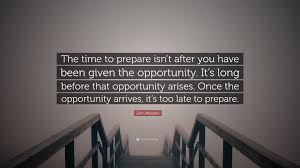
The good news? You don’t have to change your whole life overnight. Small, smart actions now can lead to big safety nets later.
1. Personal Safety and Health
- Create a basic first-aid kit
- Learn simple health skills, like CPR
- Stay updated with vaccines and regular checkups
2. Financial Preparation
- Build an emergency savings fund (start with just ₹500–₹1000 a month)
- Reduce debt and track your spending
- Invest in health and life insurance early
3. Disaster Readiness
- Keep copies of important documents
- Know your area’s emergency shelters and contact numbers
- Have a grab-and-go bag ready with water, snacks, and essentials
4. Skill Building
- Learn digital tools and basic online safety
- Practice time management and communication
- Stay informed through trusted news sources
Action in Career and Growth
The job market is changing faster than ever. AI, automation, and remote work are shaping the future of work. Waiting to “catch up” could mean missing out. Now is the time to upskill, take short courses, learn new software, or build a professional network.
Many successful professionals today didn’t wait for a job opening — they prepared early. They built resumes, created portfolios, and gained online certifications. Preparation opens doors before opportunity even knocks.
The Mental Shift: From Fear to Readiness
One reason people avoid preparing is fear. Some think, “It’s too hard,” or “I’m not ready.” But preparation is not about expecting the worst — it’s about staying calm when it happens. It’s about giving yourself the power to act, not react.
Start with one small goal each week. Write down what matters to you — family, health, safety, stability — and ask, “What can I do now to protect it?”
Preparation brings peace. It removes fear and adds confidence. When you’re ready, you’re stronger. You think better. You act smarter.
Governments and Communities Need to Lead Too
It’s not just about individuals. Governments, schools, and local leaders also need to act. Investment in disaster planning, early warning systems, public health, and education is crucial. Communities that work together bounce back faster. Neighborhood watch groups, community training sessions, and local health drives all play a role.
During heatwaves, for example, cities that set up cooling centers or public water stations save lives. It’s a team effort. But the push starts with awareness — and awareness starts today.
Real Stories: Preparedness Saved Them
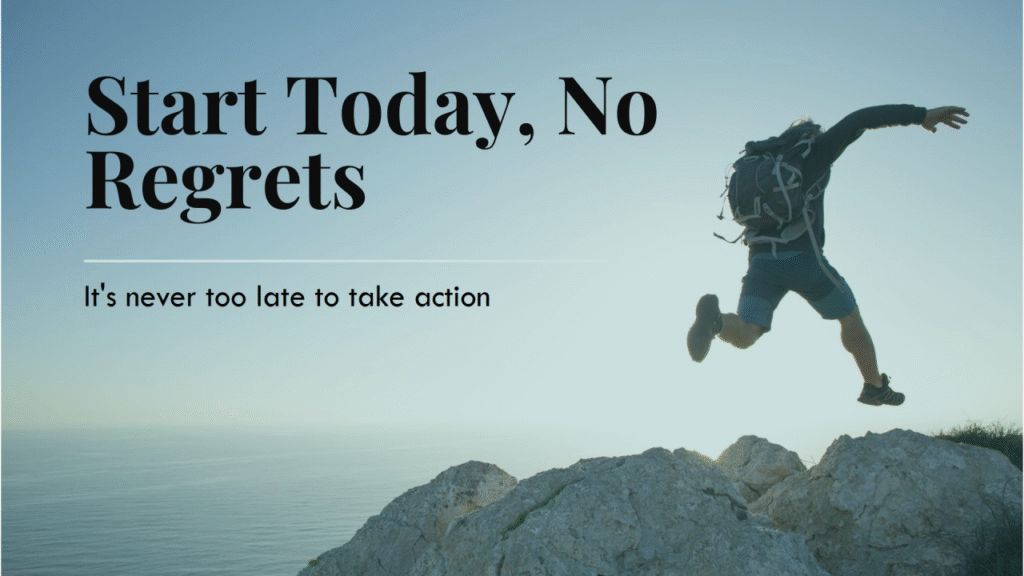
Rita Sharma, 38, Delhi
“When floods hit my city in 2023, our home had a backup power system and stored food. My neighbors struggled, but we were okay. We had planned just months before — and it saved us.”
Ankit Mehra, 29, Pune
“I lost my job during COVID, but I had savings and freelance skills. I survived and even launched my own small business. Without that early planning, things could’ve gone very wrong.”
These are not rare cases. These are people like you — who just acted a little earlier than the rest.
Final Thoughts: What You Can Do Today
You don’t need to wait for a warning siren to start preparing. The signs are already here — rising costs, extreme weather, changing job skills, and health threats.
Here’s how to begin today:
- Make a list of things to prepare (health, money, career, safety)
- Set one small action per week
- Talk to your family or team about their role
- Stay informed and alert through trusted sources
- Stay flexible and update your plan every 3-6 months
Being ready doesn’t mean being scared — it means being smart.
Read More:- Deyaar’s Latest Announcement Shakes Up the UAE Property Market



